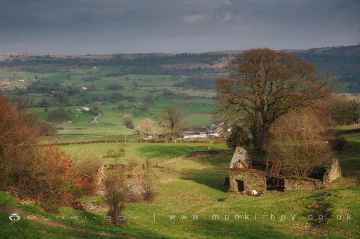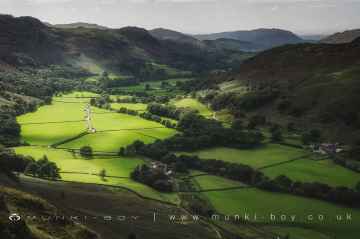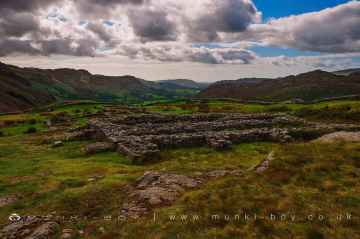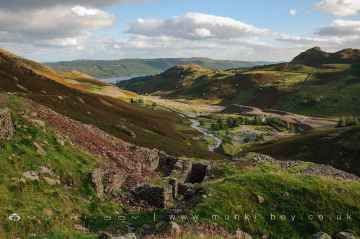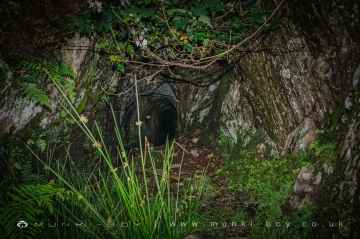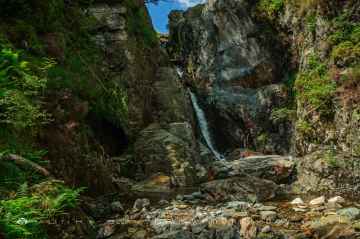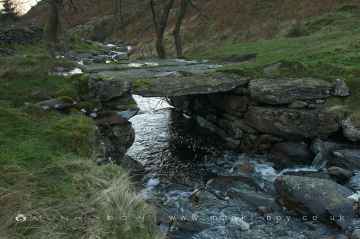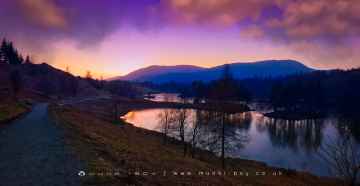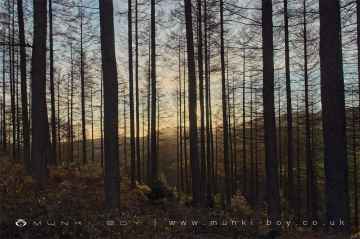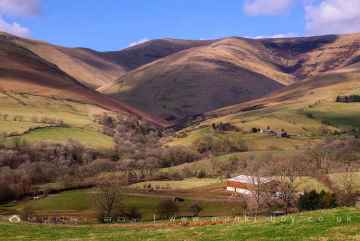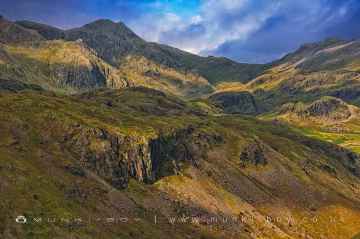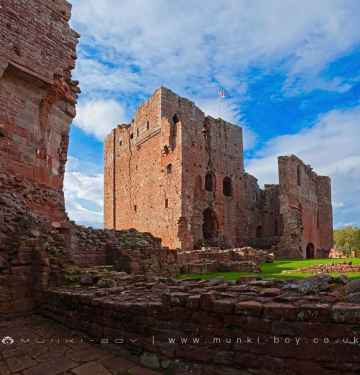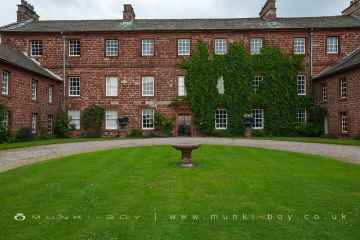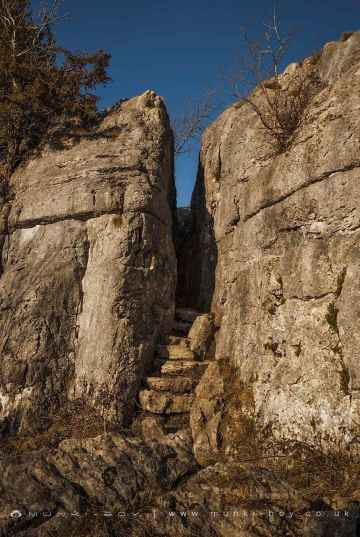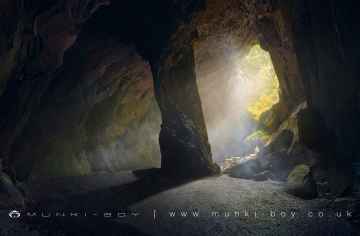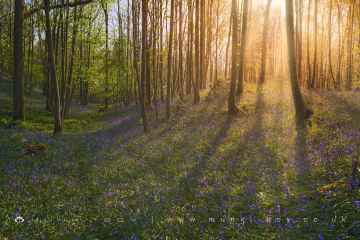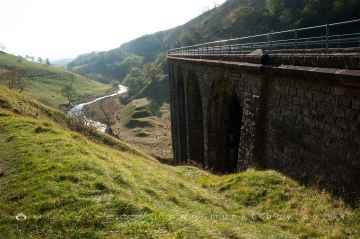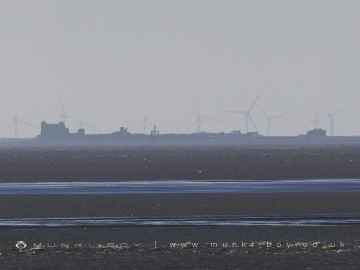Carlisle
Carlisle is a City in the county of Cumbria.
Carlisle postcode: CA3 8
There are great places to visit near Carlisle including some great hills, hiking areas, villages, ancient sites, ruins, old mines, waterfalls, rivers and streams, lakes, woodlands, towns, mountains, castles, historic buildings, historic monuments, caves, bluebell woods, nature reserves, disused railway lines, airports and islands.
Cartmel Fell, White Pike (Seathwaite), The Knott, Broughton Moor, Catbells, Orrest Head, and Haystacks are great places to visit near Carlisle if you like hills.
The area around Carlisle boasts some of the best hiking areas including Cartmel Fell, Coniston Coppermines Valley, Borrowdale, Styhead Tarn, Troutbeck, Orrest Head, and Wild Boar Fell.
Eskdale, Coniston, Seatoller, Troutbeck, High Borrans, Kentmere, and Brigsteer are great places to visit near Carlisle if you like villages.
Don't miss Hardknott Roman Fort, The Hawk, Sunkenkirk Stone Circle, Castlerigg Stone Circle, High Borrans Romano-British Settlement, Mayburgh Henge, and Gunnerkeld Stone Circle's ancient sites if visiting the area around Carlisle.
Don't miss Bonsor East Mine Workings, Bonsor Dressing Floors, Penny Rigg Copper Mill, Appletree Worth, Stephenson Ground Limekiln (ruin), Water Yeat Limekiln (ruin), and Hebblethwaite Hall Gill's ruins if visiting the area around Carlisle.
Penny Rigg Quarry Adit, Three Kings Mine, Tilberthwaite Gill Head Waterfall Level, Horse Crag Quarry, Tilberthwaite Deep Level Adit, Cathedral Quarry, and Parrock Quarry are some of Carlisle best old mines to visit near Carlisle.
Carlisle's best nearby waterfalls can be found at Tilberthwaite Gill, Rydal Falls, Hebblethwaite Hall Gill, Styhead Gill Waterfalls, Taylorgill Force, Aira Force, and Hell Gill Force.
Rivers and Streams to visit near Carlisle include River Lickle, Appletree Worth Beck, Styhead Gill, Crowdundle Beck, Aira Beck, Hell Gill, and River Kent at Kentmere.
There are a several good lakes in the Carlisle area like Tarn Hows, Thirlmere Reservoir, Derwentwater, Styhead Tarn, Windermere, Wastwater, and Ullswater.
Woodlands to visit near Carlisle include Broughton Moor, Brigsteer Park, Cow Close Wood, Jeffy Knotts Wood, and Grubbins Wood.
Sedbergh, Bowness On Windermere, Ulverston, Penrith, Kendal, Ambleside, and Kirkby Stephen are great places to visit near Carlisle if you like towns.
Don't miss Scafell, Blencathra - Hallsfell Top, Skiddaw, Hartsop Dodd, Stony Cove Pike [Caudale Moor], Place Fell, and Wild Boar Fell's mountains if visiting the area around Carlisle.
Carlisle's best nearby castles can be found at Brough Castle, Lowther Castle, Pendragon Castle, Lammerside Castle, Kendal Castle, Sizergh Castle, and Castlesteads (Lowther).
The area around Carlisle boasts some of the best historic buildings including Acorn Bank, Acorn Bank Watermill, Church of St Peter Askham, St Michael’s Church at Lowther, Lowther Mausoleum, Askham Hall, and Smardale Gill Viaduct.
Historic Monuments to visit near Carlisle include Fairy Steps.
Cathedral Quarry, Fairies Cave, Holy Well Cave, and Buttermere Tunnel are some of Carlisle best caves to visit near Carlisle.
There are a number of bluebell woods near Carlisle including Cow Close Wood, and Jeffy Knotts Wood.
Carlisle is near some unmissable nature reserves like Smardale Gill Nature Reserve,
The area around Carlisle's best disused railway lines can be found at Smardale Gill Nature Reserve.
Don't miss Barrow/Walney Island Airport, and Carlisle Lake District Airport's airports if visiting the area around Carlisle.
The area close to Carlisle boasts some of the best islands including Piel Island.
Carlisle History
There are some historic monuments around Carlisle:
Places to stay near Carlisle
Places to see near Carlisle
History of Carlisle
In 79, the two Roman generals Gnaeus Julius Agricola and Quintus Petillius Cerialis advanced through Solway as they continued their campaign further north. As a result, it is likely that greater control was achieved at Carlisle over anti-imperial groups. This is possibly indicated from the reconstruction of the fort at Carlisle in 83 using oak timbers from further afield, rather than local alder. At this time the Roman fort was garrisoned by a 500-strong cavalry regiment, the Ala Gallorum Sebosiana. By the early 2nd century, Carlisle was established as a prominent stronghold. The ‘Stanegate’ frontier, which consisted of Luguvalium and several other forts in a line east to Corbridge, was proving a more stable frontier against the Picts than those established deeper into Caledonia. In 122, the province was visited by Hadrian, who approved a plan to build a wall the length of the frontier. A new fort, Petriana, was built at Carlisle in the Stanwix area of the city north of the river. It was the largest fort along the length of Hadrian’s Wall and was completed in stone by around 130. Like Luguvalium, which lay within sight, Petriana housed a 1,000-strong cavalry regiment, the Ala Gallorum Petriana, the sole regiment of this size along the wall. Hadrian’s successor Antoninus Pius abandoned the frontier and attempted to move further north; he built the Antonine Wall between the firths of Forth and Clyde. It was not a success and, after 20 years, the garrisons returned to Hadrian’s Wall. Until 400, the Roman occupation fluctuated in importance. At one time, it broke off from Rome when Marcus Carausius assumed power over the territory. He was assassinated and suffered damnatio memoriae, but a surviving reference to him has been uncovered in Carlisle. Coins excavated in the area suggest that Romans remained in Carlisle until the reign of Emperor Valentinian II, from 375 to 392.


















